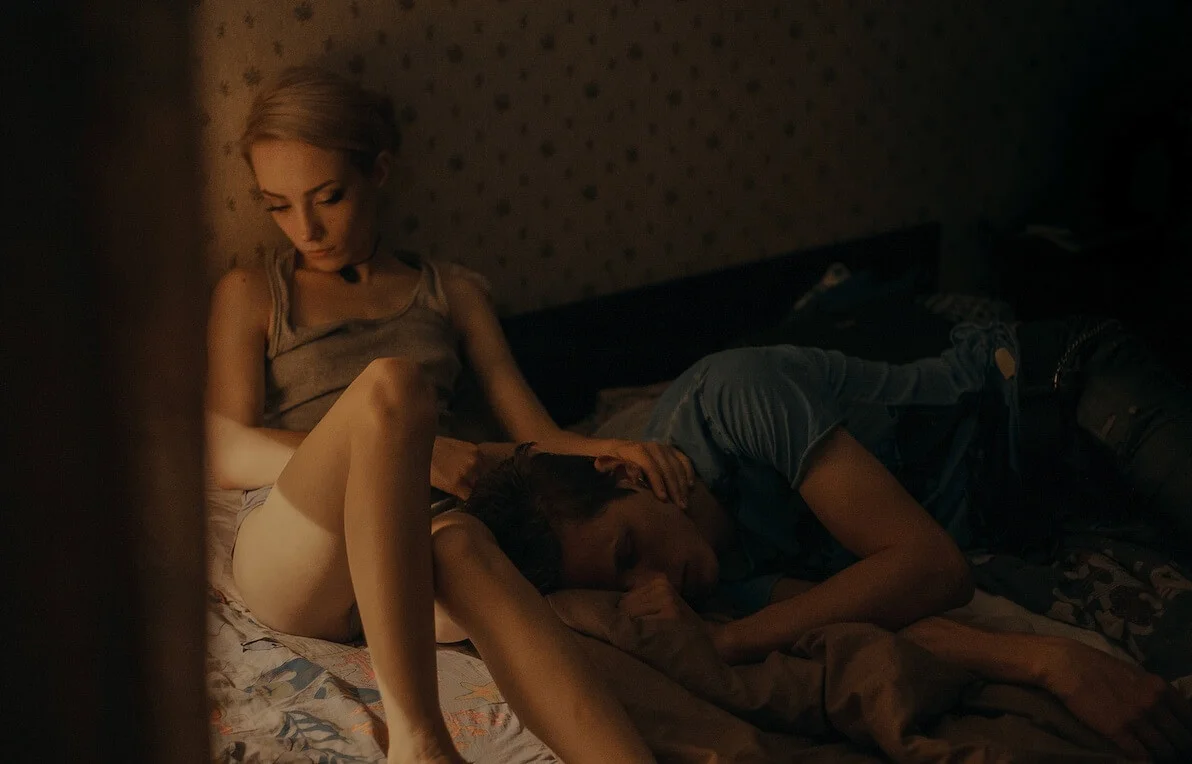Strong Series Part III: The Persecutor Plummet
That old saying, how you always hurt the one you love, well it works both ways.
-The Narrator ‘Fight Club’
Here we are, back with our third and final role this week: the persecutor. Quickly, I want to recap our entire journey through the Victim Triangle with a little visualization exercise. It’s easy and will put some skin around this big dysfunctional yet powerful dynamic we have examined for the past three weeks. Driving not recommended while doing this exercise.
Visualize
Picture if you will an upside down triangle. The pointy part is at the bottom bolstering the base at the top. It’s a big V with a lid on it. At each corner you see a letter. The top right corner is P, the top left is R, and the bottom corner is V. You guessed it: the V stands for victim, the R stands for rescuer, and the P stands for persecutor. In any relationship, two people are likely to jockey between these three roles. Whatever the variation, there is always a “one up” and “one down” position in the triangle. Remember, these are roles we play, not the people we are.
Rhett & Scarlett
We talked last week about the classic Victim-Rescuer dynamic. Often times relationships start out in this way. There is a weaker needy partner who feels overwhelmed and incapable and a stronger “good guy” who swoops in for the rescue as this is typically familiar territory for him. He learned damage control early on by being helpful, heroic. Think Rhett Butler and Scarlett O’hara in Gone with the Wind. I mean, that iconic picture of him carrying her through the fiery Civil War-torn Atlanta wreckage dials it right in for us.
The Shift
Fast forward two years for this couple: the good guy is tired of being good and a feeling of grumbling resentment grows inside towards his helpless partner as she has gotten very comfortable in her childlike, messy ways. After all, the victim has it made, never having to take responsibility for her actions and always having her capable rescuer clean up the aftermath of unruly spending, depressive dips and self harm, or overall numb and helpless behavior.
Now the roles shift and the rescuer scoots into persecutor corner, top right; victim hunkering down to prepare for the hurricane of rage about to ensue. The persecutor learned early on to control situations by getting tough. If fearful situations presented, the persecutor pushed back with strength as vulnerability and need were not allowed.
All the Rage
The persecutor gets angry and reacts out of resentment towards the victim, bursting at the seams over something typically really stupid: a perceived tone of voice, clothes left on the bathroom floor, missing previews at the movies due to traffic (I totally get that one), etc… The persecutor flies off the handle. In line with our volatile love story, Gone with the Wind, this would be the infamous scene where Scarlett tumbles down the grand staircase of their antebellum mansion and nearly dies during a fight with Rhett based on longstanding resentment in their marriage. For any of you millennials out there who missed this piece of iconic film history, do yourself a favor!
The Cycle
You ready for this? When the angry partner is tweaked and acts out (insert behavior of choice: affair, bender, abuse, new Range Rover) with a brick ton of resulting shame, the victim moves into full on rescuer role to console the guilty partner. BAM! Persecutor now sits in a puddle of victimhood, with his dynamic partner ready to do the victim-rescuer dance.
Am I the only one with light bulbs flashing and a steady stream of ah-ha’s going off inside? This cyclical game is epidemic in relationship. There are subtle variances as well. Whereas you may not be in a full on abusive lockdown of victim-persecutor, you might drift into the “bad guy” one-up role or the comfortable if not messy chaos of victim by default. When I first learned about this dynamic and the unnecessary drama contained in this hot mess of a triangle, it put research and language to so many painful experiences in relationships I had been in. What was once a futile and defeated prophecy now felt like a science experiment! Well, sort of.
The Payoff
Quite simply, the payoffs for the persecutor are:
- A sense of righteousness as they deem the victim “bad”
- A feeling of “good” or “right”
- Avoid taking responsibility for anger and other actions
- Justify irritability, discontentedness, and resentment
Adulting
Let’s give the triangle a rest and imagine two capital “A’s” side by side with a line drawn between them. The A stands for adult. This is the visual to keep in mind as we imagine the way out of all this drama. We have talked a lot about early childhood experiences and relationships that taught us, play by play, exactly how to embody victim, rescuer, and persecutor roles. They were survival mechanisms for some, soft nuances for others; and, according to the payoff’s, they really worked! Well, until they didn’t anymore.
Level Ground
When we challenge these manipulative roles and step into our adult selves, we become proactive instead of reactive as well as responsible instead of blaming. There is no “one up” and “one down” anymore; the A’s are side by side. Whereas the persecutor uses strength to communicate control over the victim, he/she can now simply challenge in a loving and open way. Adults are responsible for what they say and feel. If I’m adulting, I will communicate to you if something bothers me; I’ll hopefully own it! If there is something you can do to help, I’ll ask instead of holding a ridiculous expectation that you can read my mind. It’s not sexy, but it makes relationships run a hell of a lot smoother.
Oh, Hollywood
Rhett Butler stepped outside the triangle in that last scene. His adult looked like this: “Frankly, my Dear, I don’t give a damn”. I’m not saying we take relationship advice from Hollywood, (case and point, Brangelina). I am also not encouraging anyone to up and leave with a toothy grin and a packed suitcase in hand. That would be a premature train wreck. I am saying, we must learn to step into our adult selves, take responsibility for our thoughts and feelings, and ask for help often along the way. There is no virtue in the grin and bear it method, unless you like dramatics I suppose. Relationships are lifelines; they color days in a gorgeous, vibrant green when the winter of isolation and insecurity becomes too cold. They strengthen us to live our best days and inspire us to our highest self.
What is your story?
Hopefully, this Strong Series can be a reminder for us to fight for those relationships we hold dear as well as a nudge to let go of the toxic ones that no longer serve us. I’d love to hear your stories of resilience in relationship: how you are showing up or even struggling in current circumstances. Email me that feedback if you’d like! In the meantime, Gone with the Wind is a worthy first step.
Love,
katie

